A well-aligned strong team is a foundation that sets the tone for your business. Retaining your employees is thus crucial for your business growth. Companies like Google and Microsoft consider employee retention as the crucial factor for a successful business.
Reports suggest a company turnover can cost anywhere from 16% to 213% of the lost employee’s salary. Employee loss can hamper your business growth and is a big hindrance when it comes to achieving your long- and short-term business goals.
The departing of employees can affect the speed of the work in any organization. For small businesses, it can create hurdles as the small organization is interdependent. Business experts like Anita Campbell and Barry Moltz agree that losing employees can result in small businesses losing their financial game as hiring and training is an expensive deal.
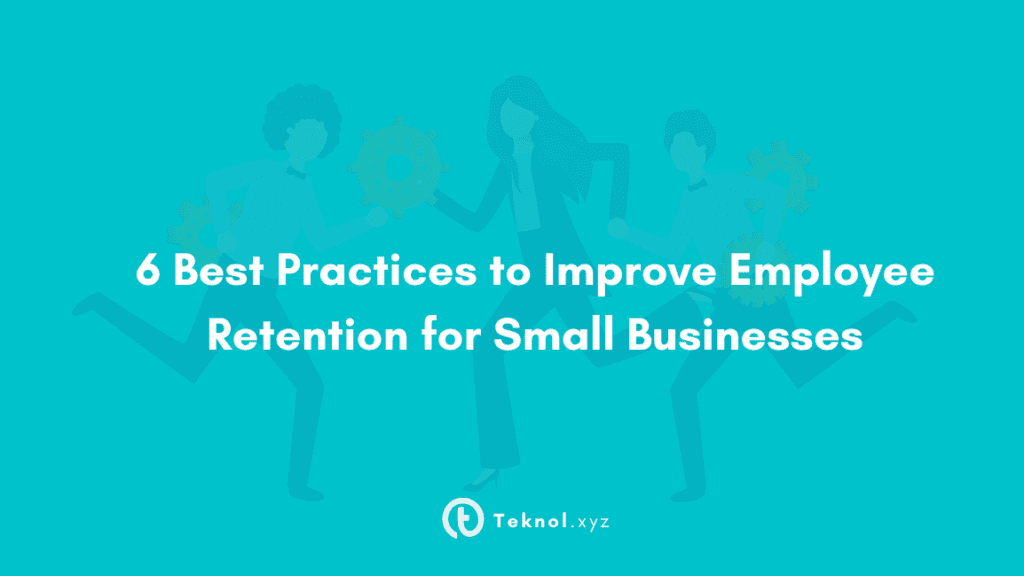
It can further cause:
- The delay in the taking off of any significant project.
- Misalignment in teamwork.
- Slagged work productivity.
- The low morale of the other employees.
Business experts remark that losing an employee can also affect your relationship with regular clients. Business expert Barry says- ‘Imagine the employee you just lost was your client’s trustworthy direct contact.’
Ultimately it can be messy for everyone, and it’s best to avoid unforeseen employee turnover from the start.
Why retaining your employee is essential.
- It improves the quality of your workplace. An environment where people stay for longer tends to form a community where trust prevails. Your employees will be motivated to contribute effectively.
- Morally – Higher retention rates may help society by decreasing the unemployment rates and creating a stable labor market, which improves the lives of individuals.
- Long-time association with workers helps to collaborate effectively which results in a productive workforce.
Business experts believe that employee retention involves a precise and conscious effort that motivates your employees to stay longer in your firm.
Here are the 6 best practices you can apply to retain your best employees:
1. Offer the right kind of benefits.

According to the research, offering the right benefits is the best way to retain your employees. Health insurance, paid maternity leave, paid sick leave, dental insurance, and paid time off are top benefits you can implement in your organization.
Data suggests that offering benefits to your current employees costs cheaper than hiring and spending on training new employees.
Jeremy, the founder of Travel Light, says – “If you are planning to retain your qualified candidates, then providing benefits to them is worth it in the long run.”
When it comes to providing benefits, offering the right salary tops the list. Data shows – around 67% of employees leave their job due to low wages.
Another group of studies conducted by Forbes says, ‘Right benefits encourage employees to perform better and increase productivity.’
If your employees are getting good remuneration, it gives them a sense of acknowledgment. A good Salary can often become the motivating factor for your employees: however, a professional motivated solely by money is not a welcoming idea.
2. Create a strong organizational culture
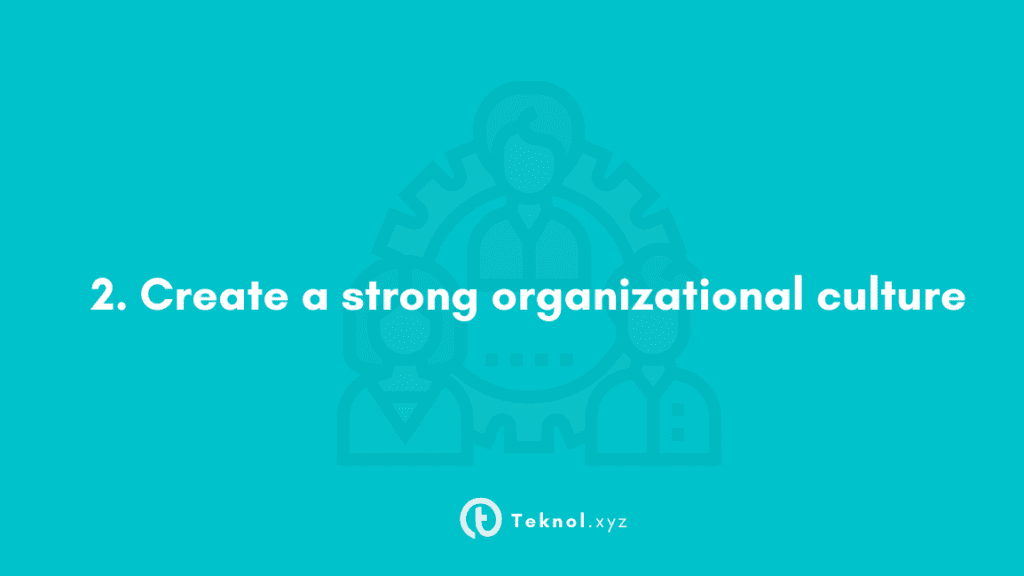
Low-turnover agencies have a more positive or constructive organizational culture and climate than high-turnover agencies.
Research shows that if an organization successfully establishes a good culture, it reflects its smooth operation. To build a good strategy for your business, you need to access your organization’s culture. It is important to self-access policies and programs you are trying to implement that support your vision for your business.
If every employee shares the same motivation and believes in your organization’s core purpose, it aligns the whole organization in a strong team force. Hiring practices, acknowledgment programs, rewards and recognition programs, and performance management programs are effective ways to establish a solid organizational culture.
3. Support the well-being of your employees in your organization
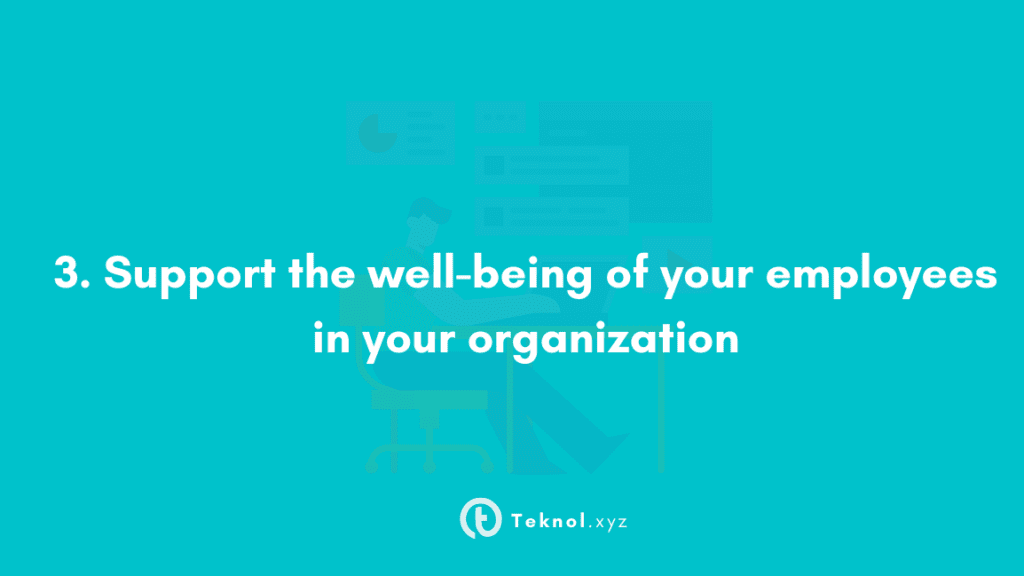
Research shows that around 55% of working professionals feel lonely, 77% feel stressed, and 87% feel uncertain. This can directly affect the quality of work and working atmosphere. A stressed person can never bring the best of themselves at what they do.
Business Experts suggest that taking care of your employees is equally crucial to running a thriving business. Your organization leaders should take the initiative to promote self-care and mental health awareness for your workers.
You can provide wellness programs and policies to give emotional confidence to your peers and a sense of feeling that they matter. You can also introduce self-care strategies and mental health-focused learning to support your employees.
Practice a few of them:
- Educate your staff about the effect of stress and provide opportunities to address issues related to mental health.
- Introduce self-care awareness programs at your organization.
- Encourage and develop formal strategies for peer support.
- Introduce a fair culture that promotes a safe environment, appropriate leave policies, adequate benefits, necessary supervision, and supportive resources for your staff.
Companies like Mindvalley encourage emotional support by introducing activities like Love-week in their company. Vishen, the company founder, says- “Take care of your employees, and your company will itself be taken care of.”
Netflix has even gone far in announcing their policy of unlimited vacation time – often called “flex time off” or FTO. Reports suggest that the idea was to support their employees so that they can decide how much off-time they need.
You don’t have to follow the same necessarily, but you can always decide the best way to show your support for your employees.
4. Create better ways for staff engagement
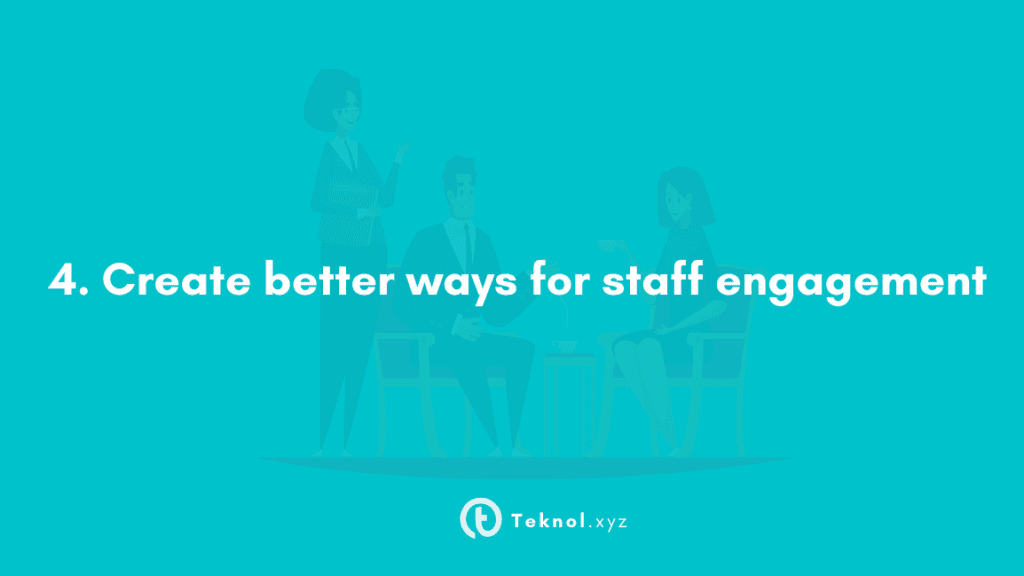
Staff engagement is of utmost importance to retain your best employees. Creating staff engagement will help them feel competent and motivated to bring their best at work. A better relationship is formed between employees and employers.
It is also essential because staff engagement will let them recognize their voice in the organization and instill the confidence to take their role with responsibility.
Here are three important ways to create better staff engagement:
- Communicate early and frequently. Your organization should be transparent, proactive, and timely to include your employees in vital conversations as valued voices.
- Communicate initiatives and processes clearly. Communications should explicitly outline employee expectations, project timelines, and dedicated resources that impact staff-related initiatives.
- Maintain a professional culture. A collaborative, professional culture that promotes mutual respect among all employees should permeate the working environment.
If your business is a newly opened one, of course, you will need time to focus on such precise planning for staff engagement. However, prioritizing timely conversations and building a positive, healthy environment where your employees feel listened to will help you move ahead with confidence.
Giving feedback to your employees is yet another essential factor in creating effective engagement with your staff. You can even introduce reward programs like monetary benefits and career growth programs to acknowledge their contributions. It definitely will result in retaining your best employees.
5. Implement professional development opportunities
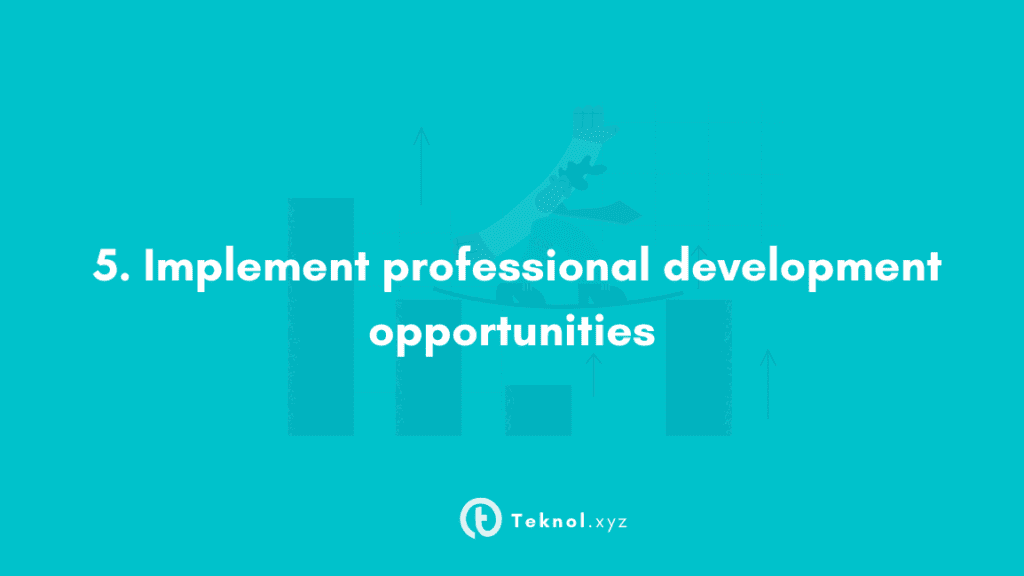
Reports suggest that company that offers professional development opportunities has a 34% higher retention rate than companies who don’t. Such companies achieve record turnover rates.
Business leaders suggest that introducing professional development opportunities ensures your employees’ growth in their roles and performance, leading to better retention. Numerous research done on the subject shows it helps to:
- Inspire your employees to take action to improve their skills and talents
- It creates an opportunity to nurture positive relationships among employees.
- Competition is replaced by collaboration.
- Employees strive to perform better.
You can create training programs and mentorship programs for your staff to help them upskill their talents. Pairing your junior employee with senior employees will also help in better ways. The former learns effectively, whereas the senior employee will learn leadership skills during the period.
Google even goes extreme by offering and encouraging employees to spend one hour daily from their working time on their dream projects.
Vishen Lakhiani, the author and founder of Mindvalley, in his book – ‘The Code of The Extraordinary Mind’ mentions how he has introduced a culture in his company where every new employee is asked to write their dream projects and put them out on the notice board. Vishen, along with other teammates, then try their best to help new employees to achieve their dream projects. No wonder they have the highest employee retention rates and are the fastest-ever-growing company in the world.
You, too, can introduce programs and training to help your employees bring their A-game.
6. Create a supportive environment for your employees
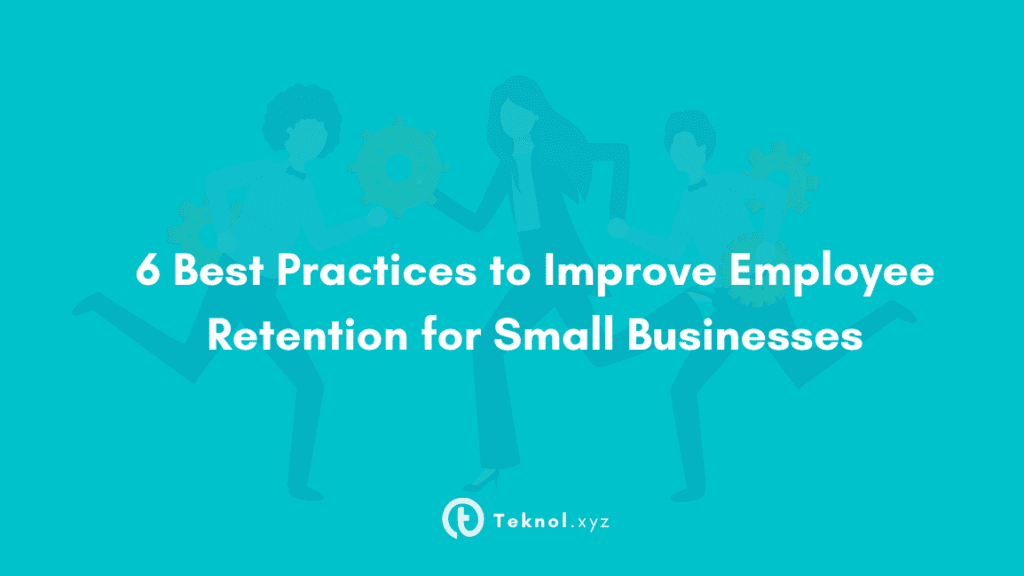
Creating a supportive environment for your employees can effectively improve employee retention in your organization. Experts suggest that it will even bring better results than offering financial incentives.
There are various ways you can create a supportive environment for your employees:
- Freedom for innovative thinking
- Better working conditions
- Including staff’s opinions in important decisions
- Introducing leadership opportunities
- Encouraging transparent communication
- Supervisory arrangements for employees to access workloads
Your organization must access the working conditions of your staff. Encourage conversations that can highlight the issues that they are facing.
Include your best teams on important political matters of your organization. It not only allows them to come up front and share responsibility but gives them a sense of belongingness.
The Takeaway
Employee turnover inflicts severe harm to organizations, both financially and psychologically. In the United States, employee retention has been lower since 1991. Researchers have suggested influencing motivational variables, such as training, challenging and exciting work, introducing an excellent working culture, and offering good remunerations, are essential factors in retention.



